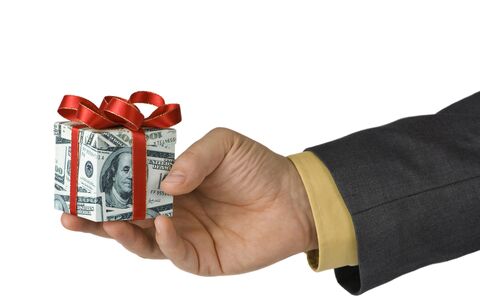The new president of South Korea, Moon Jae-in, is to examine the possibility of making tax-free cigarettes available to low-income earners, according to a story in The Korea Herald.
A cigarette excise tax increase by the previous administration at the start of 2015 raised the price per pack from 2,500 won ($2.20) to 4,500 won.
The tax increase was widely criticized as being regressive, while not lowering cigarette consumption significantly. According to market research firm Nielsen Korea earlier this year, cigarette consumption in 2016 rose 9.3 percent from that of 2015, showing that the effect of higher prices on cigarette sales had mostly dissipated.
During his campaign, Moon said that the excise tax was unfairly burdensome on low income smokers.
The Herald reported that industry watchers had not expected Moon to lower the tax because the increased tax revenue would be necessary to fund campaign pledges.
However, according to an opinion piece by Park Moo-jong published in the Korea Times at the end of April, of the five major candidates in the May 9 presidential elections in South Korea, four had vowed to freeze cigarette prices and one had pledged to cut them. Hong Joon-pyo, at the time a conservative front-runner, reportedly said that, if elected, he would cut cigarette prices from 4,500 won (about US$4) to 2,500 won a pack.
A spokesman for President Moon’s administration said yesterday that cigarette taxes would remain at their current level.
“Instead of lowering the tax, we are looking into the possibility of creating tax-free cigarettes for low income consumers,” the president’s spokesman Hong Ik-pyo told The Korea Herald.
But Hong said that no timeframe has been set for the introduction of the lower-priced cigarettes.






